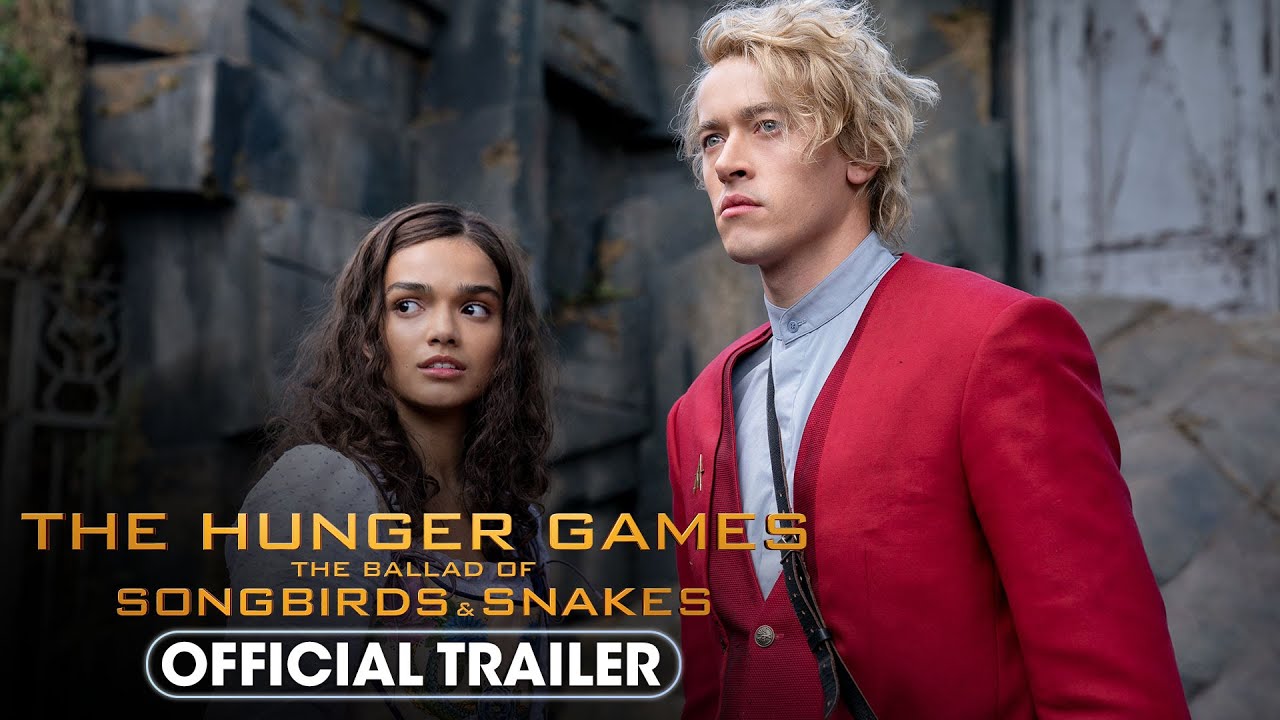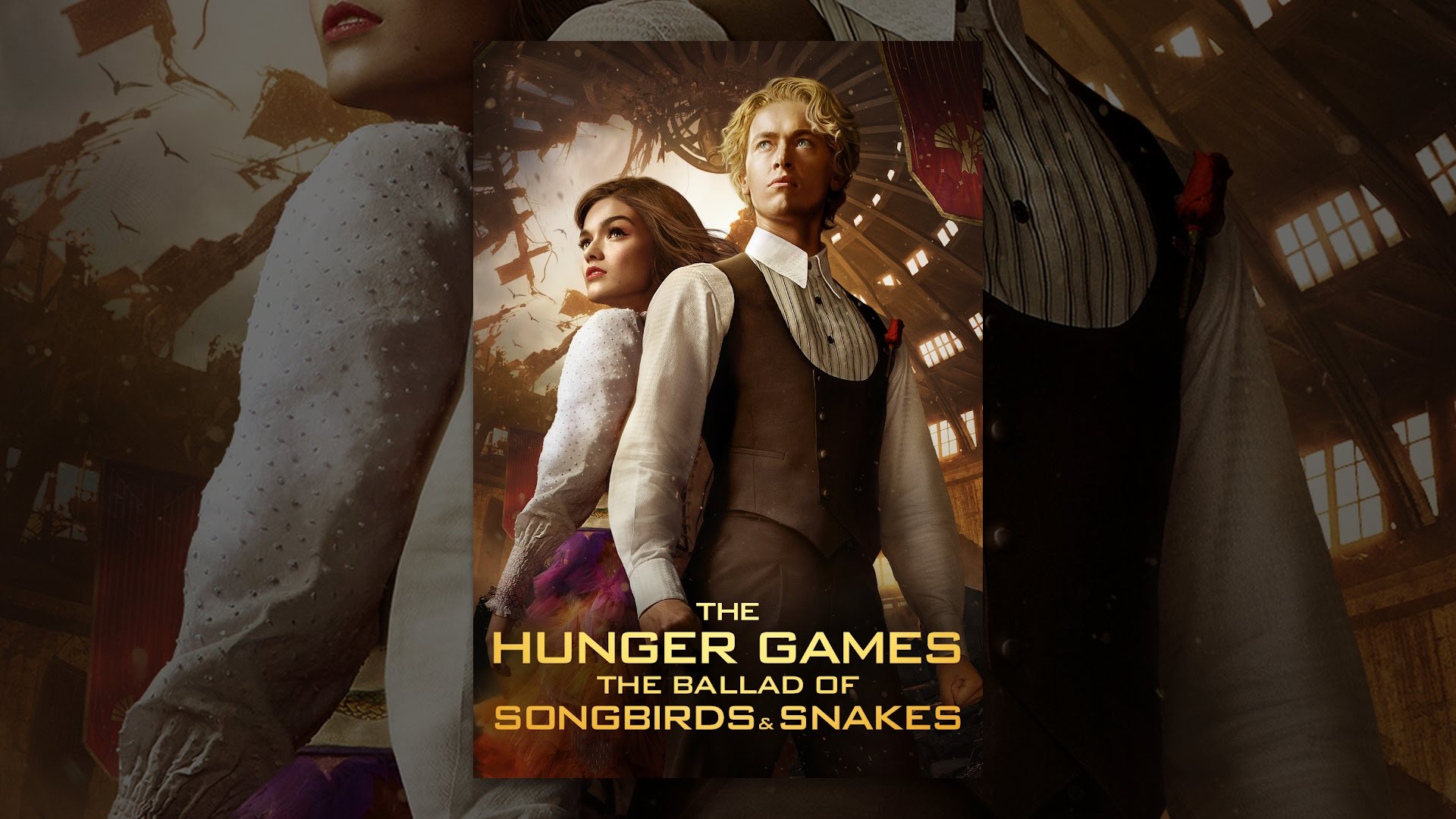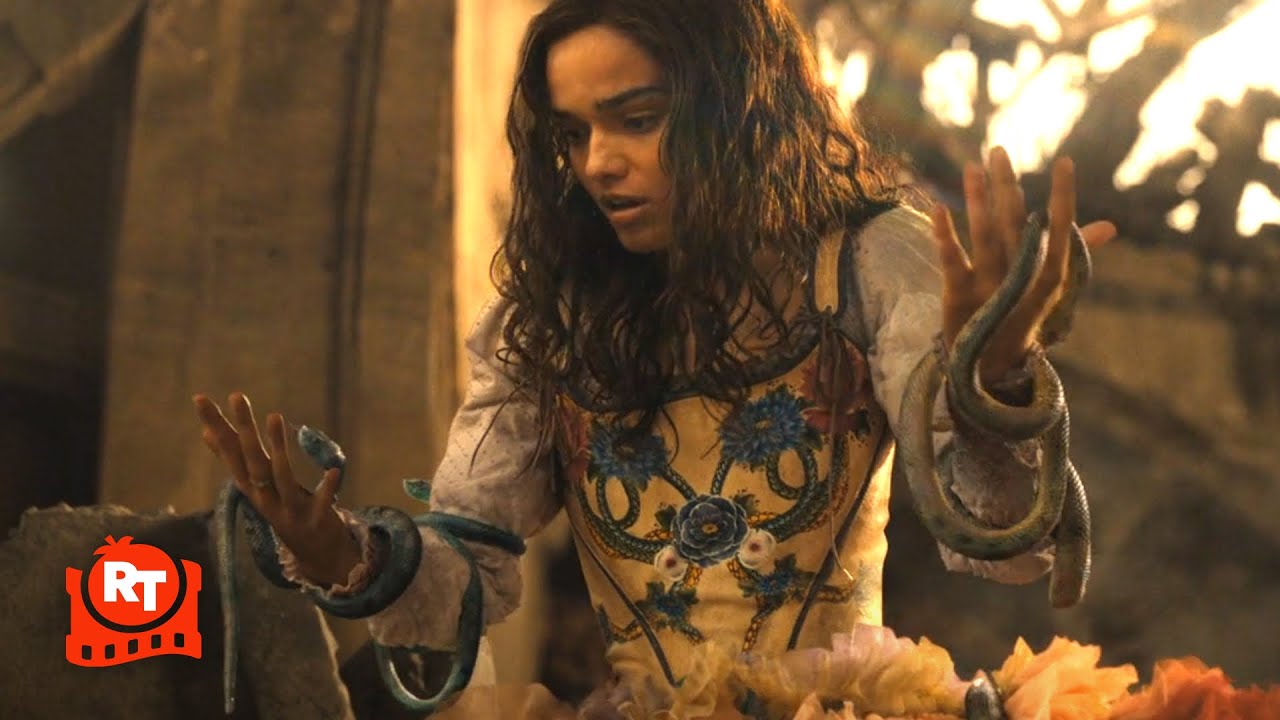The “Ballad of Songbirds and Snakes” presents a thrilling narrative that not only captivates audiences but also expands the rich lore of Suzanne Collins’ highly regarded “Hunger Games” series. Since its release in 2020, this prequel has transported readers to a time when Coriolanus Snow, a character notorious for his ruthless leadership as president of Panem, was just a young man grappling with moral dilemmas, ambition, and the impact of the war that ravaged his country. The “Ballad of Songbirds and Snakes” invites readers to walk alongside Snow during his formative years, revealing the seeds of a tyrant’s character in an era marked by chaos and uncertainty.
In this gripping tale, readers delve deep into Snow’s psyche, understanding the motivations that lead him down a darker path. Alongside the exploration of Snow, the narrative also features remarkable supporting characters that serve as mirrors and foils to his ambition. As we dissect the themes, characters, and cinematic interpretations of this captivating prequel, the “Ballad of Songbirds and Snakes” proves to be more than a simple backstory, showcasing a complex web of relationships and societal critiques that remain relevant today.
Top 5 Themes in the Ballad of Songbirds and Snakes
1. The Nature of Power and Ambition
At its core, the “Ballad of Songbirds and Snakes” deftly examines power’s allure through Coriolanus Snow’s ambitions. From the outset, readers witness the lengths he will go to secure a better future for himself. His early fascination with power serves as a blueprint for the tyrannical ruler he will ultimately become. The story highlights that ambition can be a double-edged sword, leading to both personal success and moral decay.
2. The Impact of War and Trauma
Set in a post-war Panem, the “Ballad of Songbirds and Snakes” illustrates how the aftermath of conflict leaves profound scars. Characters struggle to navigate their war-torn reality, with trauma shaping their actions and relationships. This theme resonates deeply, particularly as readers consider the ongoing struggles faced by individuals affected by real-world conflicts. The emotional toll of war operates as an undercurrent throughout Snow’s journey, influencing his decisions in ways he may not even comprehend.
3. Moral Ambiguity and Choices
Moral ambiguity frequently crops up in “The Ballad of Songbirds and Snakes,” especially through Snow’s interactions with characters like Lucy Gray Baird. This relationship raises vital questions: Are people defined by their circumstances, or do they possess intrinsic values that guide their actions? Throughout the novel, readers are pushed to interrogate the complexities of morality, fostering deeper engagement with the text.
4. Class Disparities and Societal Structures
Collins’ narrative shines a light on the glaring class divides within Panem. These disparities influence the characters’ struggles, making them relatable in today’s socio-economic environment. As Snow ascends the social ladder, the harsh realities of class inequality become increasingly apparent, serving as a mirror to our world. Readers find themselves questioning the systems that perpetuate such inequality.
5. Friendship and Betrayal
At the heart of the story is a potent exploration of friendship and betrayal. As allegiances shift and ambitions clash, characters must navigate a web of trust and deceit. The bond between Snow and Lucy Gray represents both connection and conflict, showcasing how close relationships can crumble under the weight of ambition. Ultimately, this theme amplifies the emotional stakes, captivating readers who have witnessed such dynamics in their own lives.

The Ballad of Songbirds and Snakes Cast: A New Generation of Stars
The rich narrative of “Ballad of Songbirds and Snakes” benefits from a stellar cast, breathing life into the characters that fans have come to love and loathe:
Blyth excels in portraying Snow’s complexity, revealing his charm and ambition while hinting at the darkness beneath his polished exterior. His performance captures the tension between vulnerability and ruthlessness.
Zegler delivers a heartfelt performance as Lucy Gray, showcasing her strength amidst adversity. Her character embodies the duality of hope and despair, becoming a vital counterpoint to Snow’s moral decline.
Dinklage enriches the story with his portrayal of Dean Highbottom. His nuanced performance reveals the intricacies of the power dynamics at play, making his character one of the most compelling in the narrative.
Schafer brings a unique perspective to Tigris, a character whose loyalty and familial ties provide an emotional anchor for Snow. Her performance emphasizes themes of conflict within relationships.
Davis’s role as a mentor figure adds depth to the narrative, illustrating the struggles associated with ambition. Her commanding presence reinforces the moral dilemmas that haunt ambitious individuals.
Unique Insights: A Cinematic Interpretation and Cultural Impact
The film adaptation of “Ballad of Songbirds and Snakes,” directed by Francis Lawrence, extends the story’s reach beyond the pages. Capturing the visual essence of Collins’ descriptions, it immerses audiences in the gritty world of Panem. Additionally, the cinematic interpretation delves into pressing societal issues such as governance, social unrest, and ethical leadership.
Since its release, discussions surrounding the film adaptation have bloss. The thought-provoking themes provoke conversations about the current political landscape, resonating with audiences across generations. As it tackles age-old questions about power and morality, the film makes the narrative increasingly relevant. The intricacies of character development remain while expanding on storylines not fully explored in the book.

Reflections on a Modern Classic
“Ballad of Songbirds and Snakes” impressively marries the intricacies of human nature with a riveting story. By redefining expectations for prequels, it mirrors profound truths about ambition, morality, and choice—questions that echo through history. With its intricately woven narrative and powerful performances, it solidifies its status as a modern classic, standing on its own in the cultural conversation.
In summation, whether you’re immersed in the ballad of songbirds and snakes as a reader or a viewer, it prompts you to reflect on real-world dynamics. Moreover, its contributions to discussions about power and society remain vital, encouraging audiences to think critically about the path to leadership and the sacrifices made along the way.
Ballad of Songbirds and Snakes: Fun Trivia and Interesting Facts
Story Elements and Inspirations
Diving into the ballad of songbirds and snakes, fans of the franchise get to see the roots of a character who has since become iconic. Did you know that the story takes place during the early days of the Hunger Games? This backdrop not only sets the stage for the character development of Coriolanus Snow but also reflects the broader themes of power and survival. Much like how the cast Of The little mermaid 2025 film introduces fresh tales, this prequel offers a deep dive into not just one character’s journey, but also the traditions of Panem’s hunger for spectacle.
Characters and Their Connections
The character arcs in ballad of songbirds and snakes also echo some real-world dynamics. For instance, Coriolanus often feels like he’s caught between his ambitions and the dependencies he has on others, not so different from the struggles seen in sports—take the rivalry like the Charlotte Hornets Vs New york knicks. All those personal battles mirror his quest for power amidst the emerging brutality of the Hunger Games. And speaking of struggles, that sense of overcoming adversity is a common theme in many Tyler Perry Movies And TV Shows, portraying characters fighting against their backgrounds.
Themes of Morality and Ethics
Moreover, themes of moral ambiguity are explored throughout the ballad of songbirds and snakes. Characters frequently find themselves at a crossroads, questioning what they believe is right versus what they desire. This duality resonates with the world today, where many opt for a digital detox to escape overwhelming realities. While Snow’s choices lead him down a dark path, they parallel how people today weigh their options—like deciding to call a taxi cab instead of driving, weighing convenience against cost. The story’s exploration of ethics adds layers that keep readers engaged, encouraging them to reflect on their own lives and decisions, similar to how individuals might engage with a list Of Presidents in order to understand leadership styles through history.
So, whether you’re drawn to the tragic tales of Snow or intrigued by the psychological drama unfolding in Panem, the ballad of songbirds and snakes offers up plenty of fodder for thought and discussion. After all, who wouldn’t want to explore the tension between survival and morality?







